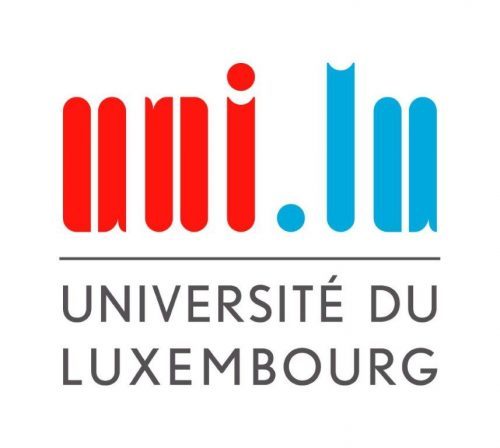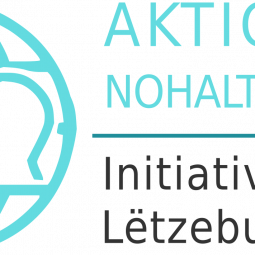Wëssensplattform “Aktioun Nohaltegkeet”
Pressekommuniqué: 16. September 2019 “Wëssensplattform Aktioun Nohaltegkeet” Ein ‘One-Stop-Shop’ für Nachhaltigkeitsinitiativen in Luxemburg: Eine neue Internetplattform zur besseren Vernetzung von von Bürgern, Schulen, Gemeinden, Firmen, Forschung und Regierung Wie können wir mehr Verantwortung übernehmen für eine bessere Umwelt und soziale Gerechtigkeit in Anbetracht neuer Erkenntnisse über die begrenzte Tragfähigkeit unserer Erde? ‘Aktioun Nohaltegkeet’ (www.aktioun-nohaltegkeet.lu) bietet … Continued




